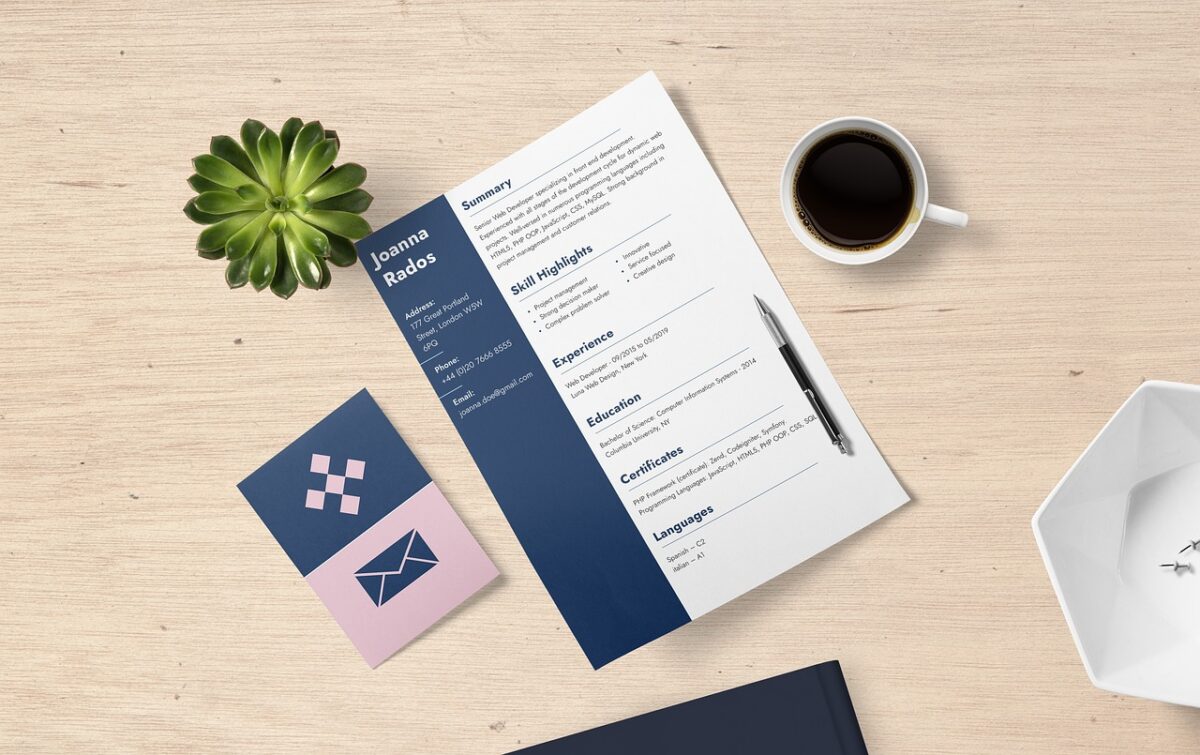Responding To Job Adverts

If you are currently in the process of looking for a new job, then the chances are you will find out about newly available roles through mediums like Indeed, Reed and company websites – once you have recieved the particulars of the job, employers will most likely be rather specific when asking people to apply.
We wrote this brief piece to help you get that application to your potential future employer just right!
Before You Apply
Make sure that you have read the whole job advert, that you understand the job scope and that you meet any ‘required’ criteria – employers ensure they put this in job adverts so that they don’t receive applications from unsuitable applicants – and to save you and themselves time. If you do not read the job advert in detail, you may be missing key instructions that the employer wants you to do – for instance including a cover letter with a specific word count.
Some employers want you to specifically exclude things from your application – for instance, they may not want to see a CV that accompanies your application, they prefer you to complete their application and send that in on its own.
Completing Your Application
- Write as neatly as you can – always include a covering letter unless the job specification tells you not to.
- Write N/A (not applicable) instead of leaving any sections or boxes blank, but do not abbreviate or shorten any other words.
- Tailor your application to the skills and experience outlined in the job specification – if you are sending in your CV, change it slightly to highlight relevant points by subtly changing words or sentences.
- Include full address and contact details – it is not good manners to accept calls regarding applications at work, so include your mobile number and email address.
- The education sections should always begin with your secondary school and results from there, you do not need to include primary school details.
- If you are currently studying, then include details in the education section, explaining clearly that you have not yet completed the course.
- Always list your past roles with most recent first and be sure to list voluntary jobs and any work experience too, including internships.
Even if you are confident, check everything (spelling, grammar) is correct, we would always recommending reading it over and having someone else check it for you before sending.
Some people choose to take a copy of the application or CV with them to the interview though this is not always required. If you do take one ensure that it is printed nicely and in good condition (holding a scruffy looking CV will not do your application any good). Also, if you use customised CVs – as we would recommend – you should remind yourself of the examples you have used in the CV, so that you can mention them in the interview, but also add some new ones in your answers.
Keep a copy of your application, and refer to it again if you are called for interview. If your application is one you are very pleased with, you may wish to use it to help you the next time you write a job application and covering letter.
Most importantly be yourself, good luck!



